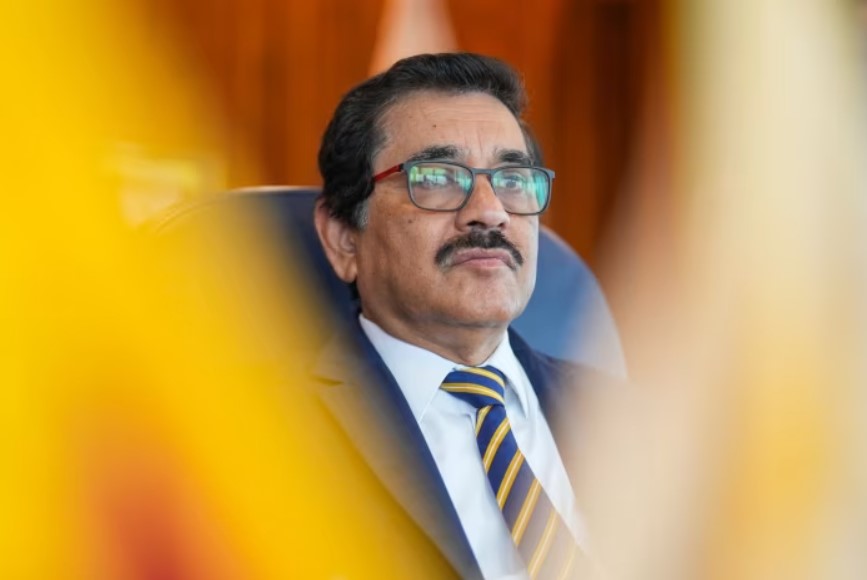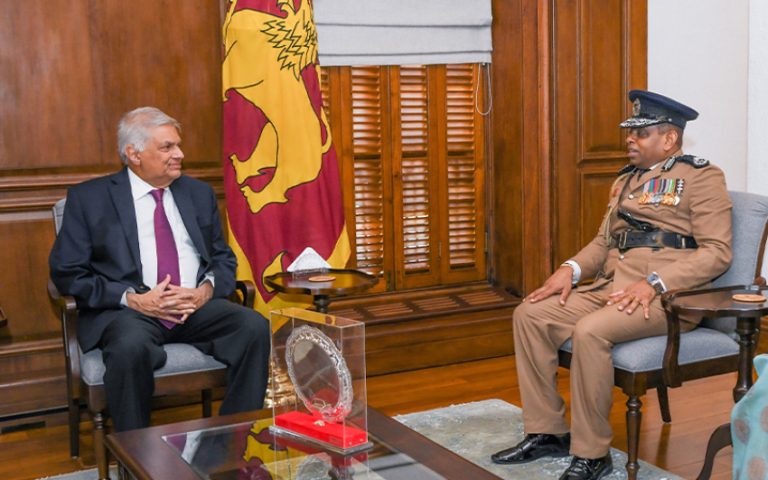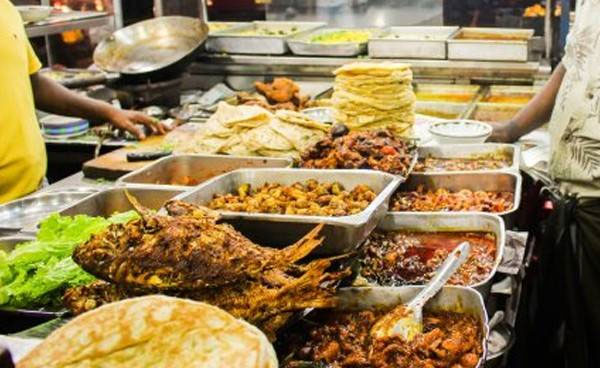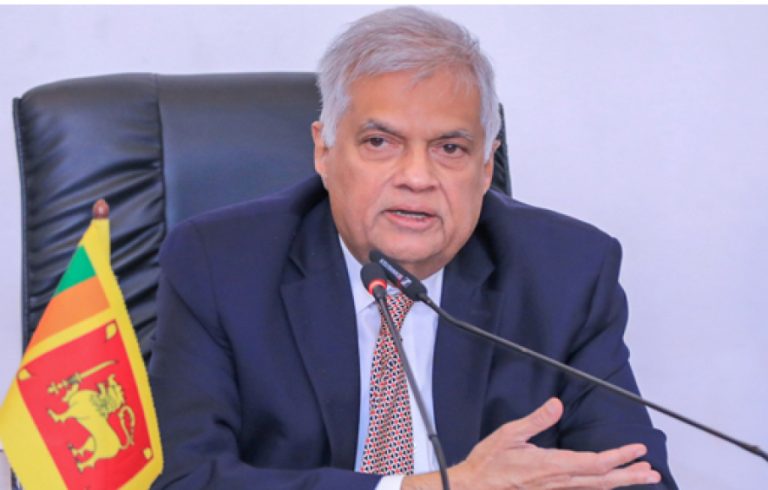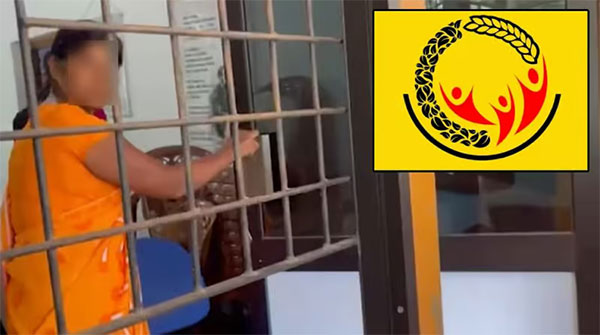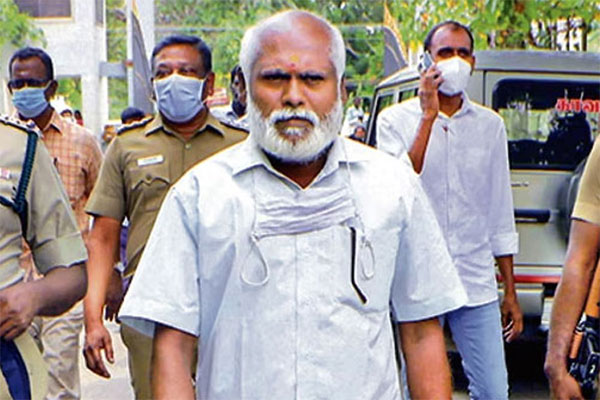While hurdles remain, Sri Lanka’s debt restructuring efforts are gaining traction, with official creditors on board and private talks advancing. The next few months will be crucial in determining whether the island nation can finally reach a comprehensive agreement and pave the way for economic stability and growth.
Sri Lanka’s debt restructuring efforts are gathering momentum, with agreements with official creditors nearing completion and progress in talks with private investors. This optimism stems from recent statements by Central Bank Governor Dr. Nandalal Weerasinghe, who emphasized the significance of finalizing the process within the next “couple of months,” according to the Financial Times.
Bilateral discussions with key lenders like China, Japan, and India are yielding fruit. Memoranda of Understanding (MoUs) and loan agreements are being drafted, paving the way for the formalization of debt relief terms. This aligns with Sri Lanka’s timeline for securing the next tranche of the $2.9 billion International Monetary Fund (IMF) loan program, scheduled for review in March.
Negotiations with private creditors holding defaulted US dollar bonds are also underway, with “a lot of interest” to reach a swift resolution, Weerasinghe assured the Financial Times. However, some bondholders, represented by an international committee, have expressed concerns over a lack of transparency and substantial engagement from the Sri Lankan government.
Sri Lanka faces the challenge of ensuring any deals with private creditors are consistent with the IMF’s debt sustainability analysis and comparable to the terms offered to official creditors. This balancing act adds complexity to the negotiations, as Weerasinghe acknowledged.
Adding a layer of uncertainty is a lawsuit filed by Hamilton Reserve Bank, a St Kitts and Nevis-based creditor, seeking immediate repayment of $250 million. While the case is currently on hold, a ruling in favour of the bank could complicate negotiations with other creditors.
The debt restructuring process coincides with Sri Lanka’s ongoing economic reforms, undertaken as part of the IMF program. These reforms, including tax hikes and state asset privatization, face some opposition ahead of the upcoming presidential and parliamentary elections later this year.
Despite the challenges, Weerasinghe expressed hope that the debt restructuring can be finalized before the elections, creating much-needed stability and preventing potential disruptions. He also highlighted the growing public understanding of the reform measures, crucial for Sri Lanka’s economic recovery.
Sources:
Financial Times: Sri Lanka aims to close debt deal with bondholders within months
Xinhua: Sri Lankan political leaders urged to work together regarding IMF agreement
Sri Lanka Customs: International Customs Day Celebrations 2024

